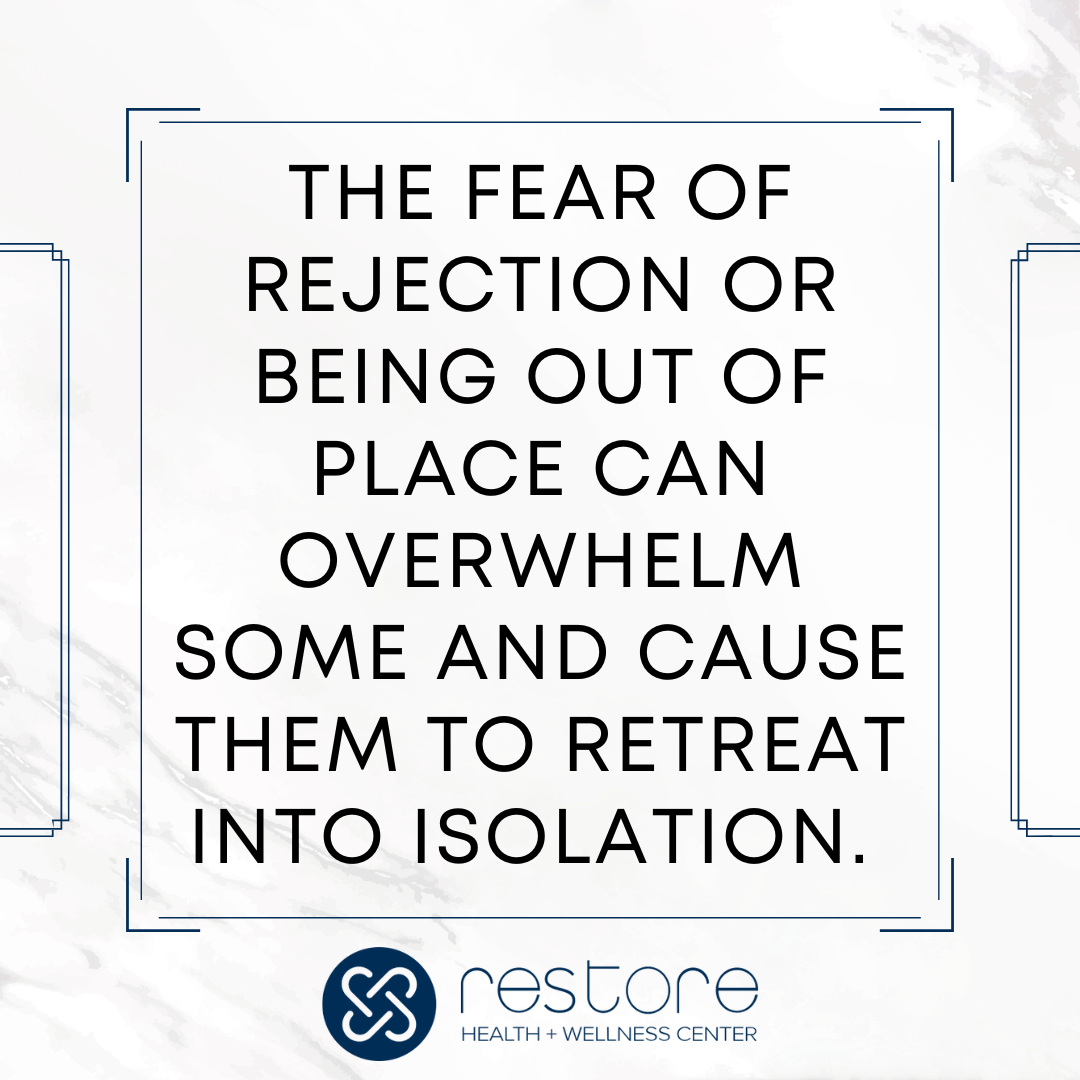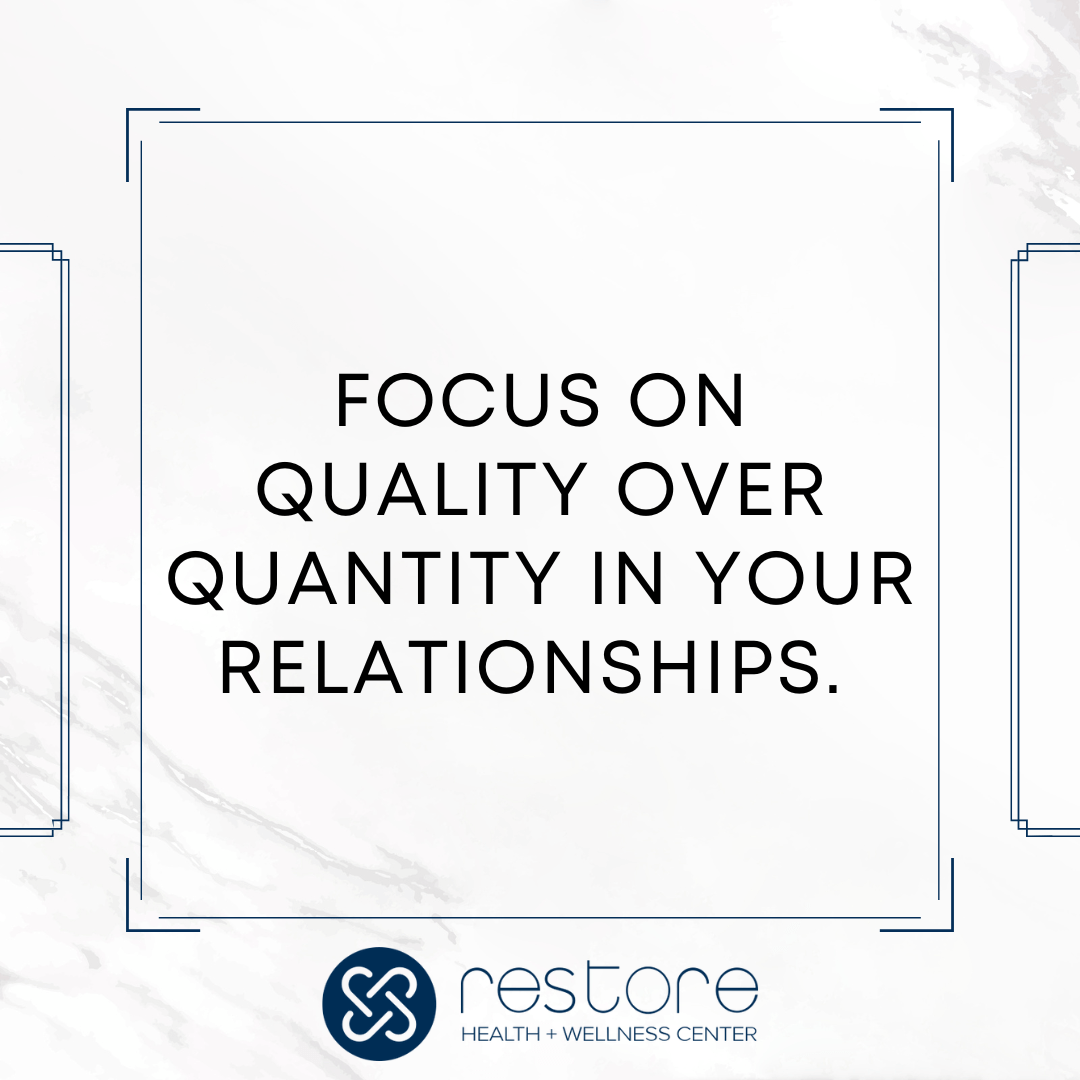
Rebuilding social life in recovery can be anxiety-inducing. Imagine attending a friend’s gathering for the first time since getting sober, unsure how to navigate conversations without the familiar crutch of alcohol.
The fear of rejection or being out of place can overwhelm some and cause them to retreat into isolation. However, forming healthy, supportive relationships is a crucial part of recovery.
If you’re reconnecting with old friends, making new ones, or simply learning to enjoy social activities without substances, we have some actionable advice to guide you through. We’ll explore how to identify and cultivate relationships that support your sobriety, so you can build a network that helps you thrive in your new life.
As you read on, you’ll discover ways to confidently approach social situations and create a fulfilling, substance-free social life that aligns with your recovery goals.

The Role of Relationships in Recovery
Healthy relationships are a cornerstone of lasting sobriety. When surrounded by supportive friends and family, individuals are more likely to stay committed to their recovery. Positive relationships provide emotional support, encouragement, and accountability, helping buffer the stress and challenges of daily life.
Studies show that individuals with strong social support networks are significantly more likely to maintain long-term sobriety. In fact, one study found that those with supportive relationships were up to 50% more likely to sustain their recovery efforts compared to those without such networks.

Tips for Rebuilding Your Social Life
Rebuilding your social life is not easy, especially after a period of isolation or significant life changes. But with the help of an intensive outpatient program, or IOP in Los Angeles, one can start fresh or try to reconnect with others. Here are some tips to help you create a supportive social network that aligns with your goals and values.
1. Reconnect with Family and Old Friends – Reach out to supportive family and friends from your past who positively influenced your life. These connections can be invaluable as you rebuild your social life. Schedule regular catch-ups to rekindle and strengthen these relationships, creating a familiar and comforting support system.
2. Attend Community Events – Participate in local events such as fairs, festivals, or community gatherings. Engaging in activities that interest you, provides a natural way to meet like-minded people and expand your social network.
3. Join a Club or Group – Find clubs or groups that align with your hobbies and interests, whether it’s a book club, sports team, or hobby group. Regular attendance helps build consistent and meaningful connections with others who share your passions. This might also create a strong foundation for lasting friendships.
4. Volunteer – Get involved with local charities or organizations that need help. Volunteering offers a sense of purpose and a chance to meet people who share your values. Because of shared ideals, this can foster new friendships that last.

5. Take a Class or Workshop – Enroll in classes or workshops that interest you, such as cooking, art, or fitness. Learning something new in a group setting can naturally lead to insights on how to manage adjustments and opening up to new skills that can help in the path to sobriety.
6. Use Social Media Wisely – Join online groups and communities related to your interests. Engage in meaningful conversations and consider arranging meet-ups with local members to transition online connections into real-life friends.
7. Attend Support Groups – Participate in recovery-specific support groups to connect with others who understand your journey. These groups offer a safe space to share experiences and support each other through similar challenges.
8. Be Open to New Experiences – Say yes to invitations and opportunities that come your way. Trying new activities can lead to meeting new people and unexpectedly expanding your social circle. This self-awareness is crucial for building resilience and developing healthy coping mechanisms.
9. Cultivate Deep Connections – Focus on quality over quantity in your relationships. Spend time getting to know people on a deeper level through meaningful conversations and shared experiences, fostering deep and lasting connections.

Conclusion
In recovery, getting back in touch with old friends, going to neighborhood events, and joining clubs or groups that interest you are all ways to rebuild your social life. Prioritizing quality over quantity in relationships is an excellent way to build strong bonds that last. By doing these things we’ve mentioned, you can build a network of helpful people who share your recovery goals and values.
Ready to take the next step in your recovery journey? Restore Center is an addiction treatment center in Los Angeles that offers personalized, compassionate care to help you rebuild your life. Don’t wait any longer—contact us today to learn how our expert team can help you.












